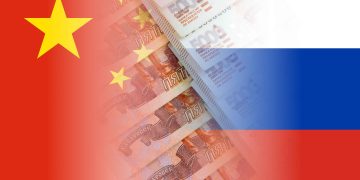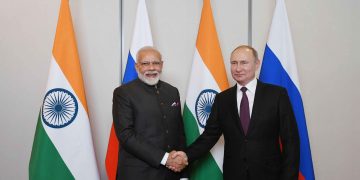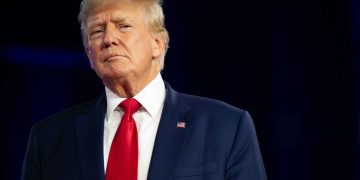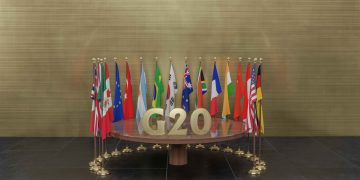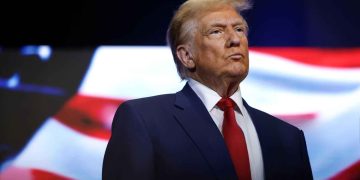Russia is set to start using cryptocurrencies for international transactions beginning September 1, as part of its strategy to bypass Western economic sanctions. This significant shift comes as Russia seeks alternatives to traditional payment systems following its exclusion from the SWIFT network.
On August 8, Russian President Vladimir Putin enacted new legislation allowing the experimental use of cryptocurrencies in international payments and foreign exchange transactions. The Central Bank of Russia will oversee this transition, integrating cryptocurrencies into the nation’s financial operations.
Central Role of Stablecoins and National Payment System
The Central Bank of Russia plans to use stablecoins—cryptocurrencies pegged to traditional fiat currencies like the US dollar or Chinese yuan—for international payments. This move aims to stabilize transactions and ensure smoother cross-border trade.
The National Payment Card System, which handles domestic bank card transactions, will be crucial in this transition. This system, under the Central Bank’s control, will facilitate the implementation and trial of cryptocurrencies in international trade.
Ongoing Digital Ruble Trials
In addition to cryptocurrencies, Russia is advancing its digital ruble project. Launched in August 2023, digital ruble trials are already underway with around 30 companies and 11 cities participating. The digital ruble is accepted at select locations, including Moscow Metro stations and some Lukoil gas stations.
Russia plans to leverage both cryptocurrencies and the digital ruble in trade with China, its largest trading partner, drawing inspiration from China’s digital yuan. Discussions are also ongoing about expanding digital currency use with Belarus.
Challenges and Global Support
While Russia’s initiative is poised to redefine international trade, it faces several challenges, including technical complexities, regulatory issues, and value fluctuations. Successful implementation will depend on cooperation from BRICS nations, with Brazil, South Africa, and India playing pivotal roles in supporting Russia’s new financial approach.
President Putin has stressed the need for widespread adoption of the digital ruble, but experts highlight that successful domestic trials are crucial before the currency can be used on a global scale. The transition marks a bold step in Russia’s strategy to navigate economic restrictions and reshape its financial landscape.



